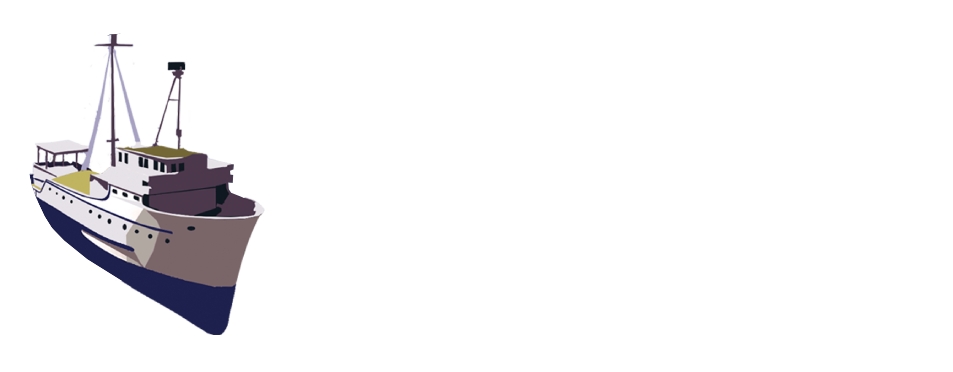OLRAC FISHERIES DYNAMIC DATA LOGGEROlrac Dynamic Data Logger (Fisheries Data Logger) is a core unit of Olrac Fisheries Electronic Logbook Solutions.
Olrac Dynamic Data Logger (OlracDDL) is a highly customizable, easy to use, electronic logbook software solution capable of collecting data in real-time and transmitting data reports via Wi-Fi, cellular, or satellite networks. The Olrac software solution has been designed to withstand a high level of legal and technical scrutiny and has passed numerous certification tests in Australia, Europe, the USA and Canada.
It is presently recognised and certified by the UK (MMO, DEFRA), New Zealand (MPI), USA (NOAA), Australia and soon Canada (DFO) Fisheries Management Authorities as well as used in South Africa and Spain. The Olrac software includes an optional, web-based matching management utility (Olrac Dynamic Data Manager, OlracDDM) that can manage the data of an entire fleet of OlracDDL users.
Can Record & Transmit any kind of DataThe OlracDDL can be used for all compliance, commercial, environmental and scientific data collection and reporting. Apart from creating reports that can be sent to the main server in any format required.



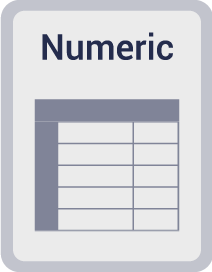
HOW DOES OLRAC DYNAMIC DATA LOGGER WORK?
The OlracDDL user interface has a uniform look and feel that can accommodate any fishery or fishing method. A single OlracDDL installation can be used to collect data for different fisheries and/or fishing methods.All the data that is collected by the skipper are kept on the vessel based eLog database or can be exported to a shore-based fleet database for future investigation, analysis or research.
The OlracDDL can be used to collect sampling and size structure data as an integral part of the software catch recording utility. Catch can be recorded very accurately and at detail, including: species names, product, grade, conversation factors from processed to green, packing container type and capacity, packing material including additional contributors to gross weight (ice/water/other), fish quality, variations in weight and quality overtime, destination (buyer of fish), quota tracker and more.
The OlracDDL offers many additional value-added features over and above providing the ability to meet regulations in terms of reporting. Some of its main utilities and features are listed below
OVERALL BENEFITS OF THE OLRACDDL

Portable if fishers change vessels. OlracDDL is developed so that it can be deployed on waterproof, ruggedised tablets or notebooks which will facilitate the mobility of the system from one vessel to another.

Highly customisable and easily configurable for use on various vessel sizes, fishing methods and levels of complexity.
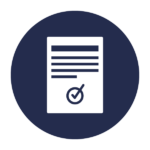
Data collected and reported accurately and in a timely manner to authority’s results in a more transparent natural resource management system. By monitoring the activities of vessels, such as fishing grounds, catch and bycatch, fishers can have a greater socio-economic standing when it comes to marketing their products.
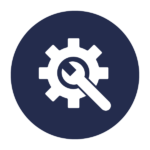
Simple and affordable to install and maintain; support, software fixes and upgrades will be provided by OLSPS. All Olrac software installations share a common backend, making maintenance and support simpler and cheaper than most other systems.
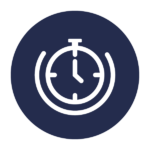
Includes multiple data transmission methods to ensure that data can be sent as close to the reported event as possible. Permitted users can choose the cheapest transmission method available at the time of the transmission or to save the reports for later transmission if out of range of the preferred communication network. Reports are compressed to cut back on transmission costs.

The system also has an integrated GIS-based mapping solution for vessel tracking and for the spatial presentation of data and vessel activities. It also allows for marking (geo-fencing) of sensitive areas. These area marks can trigger notifications, warnings and reporting requirements relevant to the geo-fenced area.
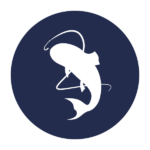
Fishers and fleet managers can use the mapping functionality and vessel track history to make decisions on how to optimise fishing activity. This not only increases the fishers’ catch rate but also reduces fuel consumption as CPUE increases. Additionally, the recording of the bycatch can allow fishers to avoid known high-bycatch areas.
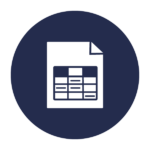
Specifically designed to reduce data entry time while maintaining a high level of data integrity. This is primarily achieved using customized look-up tables, reasonable carry over values and streamline data fields (no repetition of information) and sophisticated validation tools.
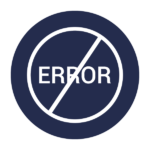
Aims to automate as much of the data collection process as possible reducing manual data entry and by extension risk of human error. Accuracy of the manually entered data will be improved by customised data validation and cross-check processes.

Automates the entire reporting process and forces simple, linear deployment of reporting rules in a way that requires very little input from users and very little knowledge of their reporting obligations. OlracDDL includes internal schema validation system which will prevent the user from sending erroneous and/or illegal reports.
HOW MUCH DOES OLRAC DYNAMIC DATA LOGGER COST?The OlracDDL pricing model includes two segments:
- Initial, once off fee for product customisation and deployment: Costs are estimated on complexity and time required to configure. This is submitted to client in the form of a Statement of Work (SOW).
- Ongoing annual licensing fee which is an agreed-upon % of the initial development costs, typically 20% -30% of initial costs.
Licenses for Olrac software includes ad-hoc telephonic, email and remote access (where possible) support for the installed software.
Such support will be provided to resolve bugs or issues that prevent the software from operating as intended as per agreed specifications, or that hinder the normal operation of the software.
